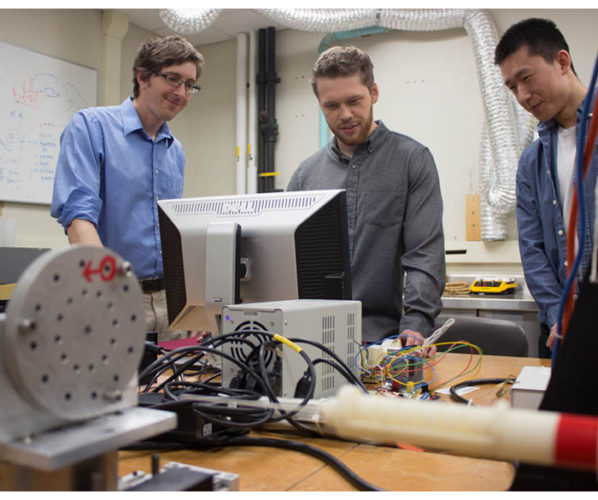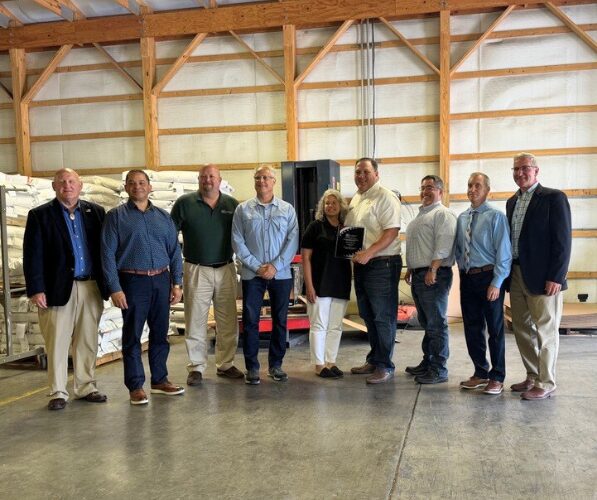Success Story
“The lower cost system was developed after we identified a need to push simulation training to earlier medical education including pre-medical education, medical school and nursing programs,"
Scarlett Miller
Medulate Co-founder and Penn State Associate Professor in the School of Engineering Design, Technology, and Professional Programs (SEDTAPP)
Medical Educational Technology Startup Medulate Develops Central Line Training for Surgeons
If you’re ever in need of having a central line inserted in the future, perhaps your surgeon will have been trained on the procedure using Medulate’s training program.
A central line is known by many names – a central venous catheter and a central venous access catheter, to name a few. Essentially, it’s a catheter that is placed into a large vein to administer medication or fluids, that would be harmful if swallowed or administered through a smaller vein. Central lines can be placed in veins in the neck, chest, groin or arms. They can also be used to obtain blood tests and measure central venous pressure.
In 2013, Medulate co-founders, Scarlett Miller and Jason Moore, identified a large error rate when inserting central lines. They partnered with Dr. David Han at Hershey Medical Center, a subject matter expert, and learned the issue originates during surgical training.
“We began exploring ways to provide more realistic and efficient training through observational studies at Hershey Medical Center,” said Scarlett Miller, Medulate co-founder. “We wanted to get an idea of how training was currently being conducted and how we could improve the process.”
In their search for a solution to the problem of improving success rates for insertion of central lines, Medulate was born. Since 2013 Miller and Moore have continued their research and secured additional funding. They were awarded an RO1 grant in May 2014 and an ENGINE grant from the College of Engineering to develop a lower cost system through a partnership with Hershey professor Dr. Sanjib Adhikary.
“The lower cost system was developed after we identified a need to push simulation training to earlier medical education including pre-medical education, medical school and nursing programs,” explained Miller.
Today, the future looks bright for Medulate. They are identifying key business relationships, doing a deep dive into customer discovery and finalizing designs for manufacturing. Miller is excited to report they even have leads on a few sales. And recently they won a $10,000 prize in the Ben Franklin TechCelerator competition, which could not have been more timely.
“We will use the funding to finalize our simulators, prepare them for manufacturing and begin sales,” said Miller. “If you told us three months ago that we would be in this position, we wouldn’t have believed you. Thank you to Ben Franklin and Invent Penn State for this incredible opportunity.”
For more information visit www.medulate.com or contact Scarlett Miller at scarlettmiller@medulate.com.






